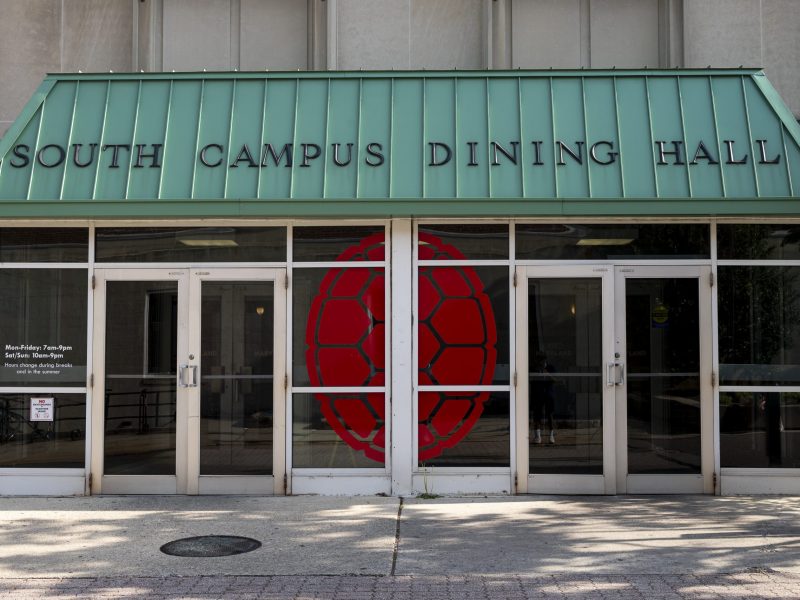The University System of Maryland’s Board of Regents is working to gain support from the state legislature for a bill that would expand regents’ right to meet in closed sessions.
The bill would allow the board to meet behind closed doors when discussing honorary or philanthropic names for buildings and programs and when considering new business endeavors that are competitively sensitive. This initiative comes months after a sensitive discussion of the renaming of the University of Maryland’s football stadium, which redacted former university president Harry Clifton “Curley” Byrd’s name.
Patrick Hogan, system government relations vice chancellor, testified in favor of the bill before the House of Delegates’ Health and Government Operations Committee in Annapolis March 22. Namings and business ventures often come before the Board of Regents, system spokesman Mike Lurie wrote in an email.
The university system currently complies with the state’s Open Meetings Act, which provides for 14 “special and appropriate circumstances” under which a body can choose to meet privately. The law states that public business should be performed in an open manner because it is “essential to the maintenance of a democratic society.” This bill would extend the exceptions only for the board’s meetings.
“The first exception would allow for the respect offered to a potential donor or honoree in order to protect a potential honoree from any embarrassment should there be a negative decision,” Lurie wrote. “The second exception regarding competitive economic development concerns the sharing of trade secrets that could be detrimental to a USM institution or the state should the discussion occur in public session.”
In its written testimony given to the committee, the board wrote that an open meeting “makes it difficult for an open and candid discussion” of individuals and their financial circumstances, as well as new business ideas, partnerships or entities.
“To protect these interests, the USM seeks an exception to allow for discussion of prospective business activities in closed session,” the testimony read.
The bill now awaits a vote from the committee and will move to the House floor if it receives a favorable vote.


